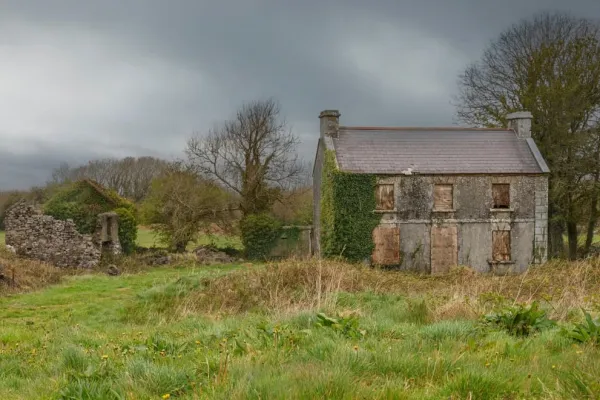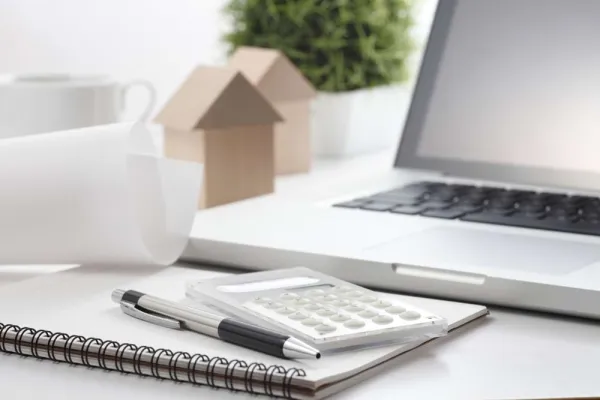There are many costs involved in selling a house.
Some of these are obvious, like estate agent fees and removal costs. But others may take you by surprise.
Sometimes, a council tax payment can be due while selling your house.
It’s thus natural to wonder: do you have to pay this? And when does your responsibility end?
Read on to find out.
What is council tax?
Council tax is a bill that each household receives in the UK. You usually pay it monthly.
It covers the costs of services provided by the local council, including:
- Rubbish collection
- Street lighting
- Road maintenance
- Emergency services
- Local leisure facilities
- Social care
- Charity sector.
And more.
Anything that has the council associated with it will receive some of its funding via council tax.
Council tax is not optional in the UK. You’re required to pay it.
Do you pay council tax when selling your house?
You must pay council tax while you are the legal owner. Only once it’s transferred to your buyer are your responsibilities relieved.
There are only a few exceptions to this. This includes:
- Repossessed houses
- Condemned properties
- Houses unoccupied because the person is living in care.
- Where everyone inside is under 18 years old
- Caravans
- Holiday boats.
A few more exemptions may apply – the Citizens Advice Bureau can give personalised advice.
You have to pay council tax for a second home. If your property is empty, you can apply for a discount. Speak to the council about this.
What happens if I’m charged for council tax when I shouldn’t be?
You should tell your council immediately. Explain the situation and why you shouldn’t be charged.
This might be because the bills are sent to the wrong address. Or the amount charged is incorrect.
The council may agree to a rebate if the payment has already gone through.
If they disagree with your claim, seek legal advice from a professional.
















